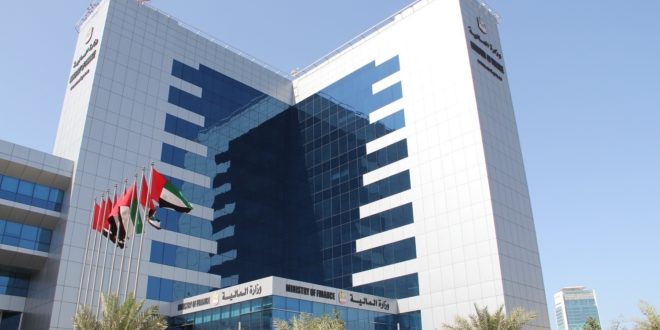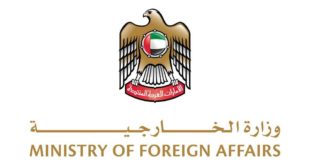ABU DHABI, 23rd May, 2020 ( — The Ministry of Finance in the UAE issued three new regulatory ministerial decisions for the purposes of Federal Decree-Law No. (47) of 2022 regarding corporate and business tax. These include Ministerial Resolution No. 114 of 2023 regarding accounting standards and methods, Ministerial Resolution No. 115 of 2023 regarding pension and social insurance funds, and Ministerial Resolution No. 116 of 2023 regarding exempting participation.
His Excellency Younis Haji Al-Khoury, Undersecretary of the Ministry of Finance, said: “The three new decisions aim to enhance the flexibility of the corporate tax system in the United Arab Emirates, and to create a supportive environment for business in various sectors.”
Al-Khoury added: “The decisions cover many important dimensions in the sectors of organized private pension funds and social insurance funds, which countries often exempt from corporate tax. The decision to adopt international accounting standards and provide facilities in accounting procedures for companies and small businesses reflects the Ministry of Finance’s keenness to impose a limit Less burden of compliance for businesses within the scope of the corporate tax system. The decision to exempt participation at the local level also ensures that the company avoids paying double tax on its profits, as well as avoids double taxation at the international level.”
Pensions and social security funds.
The Resolution relating to pension and social security funds sets additional conditions for private pension funds and social security funds organized in the United Arab Emirates to be exempt from corporate tax.
The decision ensures compatibility with international tax practices, so that private pension funds and social insurance funds in the UAE are exempted from corporate tax when making international investments, as well as benefiting from the benefits of agreements to avoid double taxation.
The resolution also details the maximum contributions for each beneficiary and the obligations for annual compliance audits by a statutory auditor to ensure the integrity of the exemption.
Accounting standards and methods.
The Ministerial Resolution on Accounting Standards and Methods provides clear guidance to businesses on the preparation of their financial statements which will be used as a starting point for calculating taxable income for corporate tax purposes.
The decision confirms that the International Financial Reporting Standards (IFRS) are the approved accounting standards that must be applied by major businesses in the UAE, whose revenues exceed 50,000,000 dirhams.
However, the decision provides facilities for medium and small businesses whose revenues do not exceed 50,000,000 dirhams, as the option of applying International Financial Reporting Standards for small and medium-sized enterprises (“IFRS for SMEs”) has been made available.
To further reduce the compliance burden on these businesses, the resolution stipulates that the cash basis of accounting can be used by businesses whose revenues are less than 3,000,000 dirhams.
The decision also provides clarifications about what is meant by unifying the financial statements for the purposes of the tax group within the same tax group, as it requires the preparation of independent financial statements by compiling the financial statements of the parent company and the independent financial statements of each subsidiary as a member of the tax group, and excluding transactions within the tax group in accordance with the provisions of the tax law companies.
Participation exemption.
The Participation Exemption Decision allows for exemption from corporate tax on dividends or shares, dividends, and capital gains from participation shares, which are defined as ownership interests of 5% or more of the stock or capital of another entity that lasts for at least 12 months.
The participation exemption only applies if the subsidiary is located in another country where a corporate tax rate of at least 9% is applied, or if it applies a corporate tax on profits, income or stocks at an aggregate rate of at least 9%.
The decision also stipulates that the participation exemption may apply to different types of ownership shares, including ordinary shares, preferred shares, redeemable shares, member and partner shares, the total acquisition cost of which exceeds 4 million dirhams.
This decision ensures that UAE-based companies that own investments in foreign entities that meet the required conditions are not subject to corporate tax in the United Arab Emirates on this type of investment.
 Media ININ Economy We Trust
Media ININ Economy We Trust








